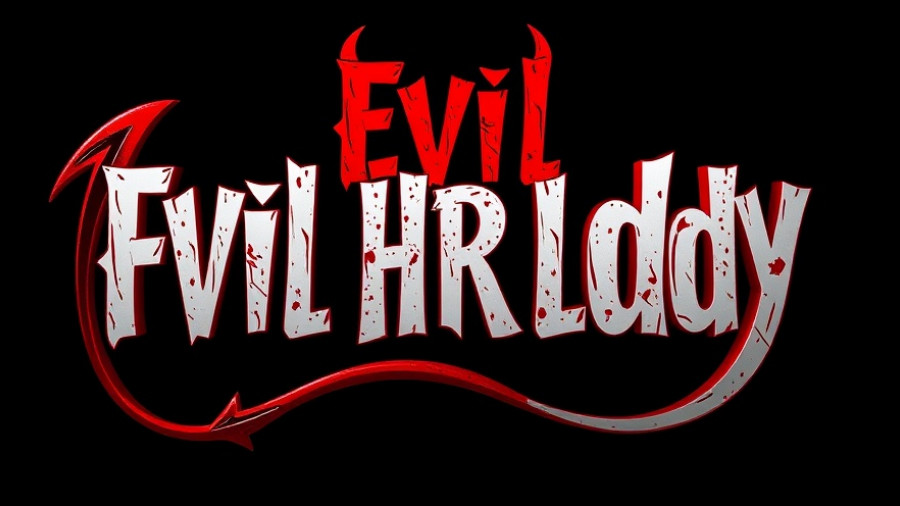
Understanding the New Prenup Trend Among Gen Z
In the ever-shifting landscape of relationships and workplace expectations, it’s no surprise that Gen Z is taking a proactive approach to both personal and professional partnerships. According to a recent Harris Poll, 41% of Gen Z and 47% of Millennials who are either engaged or married have opted for prenups—an impressive increase from just 8% in the 1990s. This trend reflects a broader desire for clarity and assurance, not just in romantic relationships but also in the workplace.
The Connection Between Personal and Professional Agreements
So, what’s driving this uptick in prenups? Increasingly, individuals are aware of the complexities of modern relationships, similar to how they approach their careers. Mark Zuckerberg’s unique contract with Priscilla Chan, requiring dedicated time together before making significant life changes, highlights a key issue: commitment must be clearly defined regardless of the context. In a world where employees spend countless hours at work—often far exceeding family time—it’s essential that they, too, seek granularity in their agreements with employers.
The Demand for Clarity in Employment
Today’s job market is erratic and competitive, pushing employees to demand clearer expectations from their employers, akin to the prenup conversations. They seek clarity in job descriptions, benefits, and what their future looks like within a company. This desire to understand not only the tasks at hand but also the broader mission of the company aligns with the growing employee engagement initiatives emphasizing transparency and communication.
HR's Role in Meeting the New Employee Expectations
HR professionals must adapt to these shifting expectations. The emphasis on workplace clarity can be translated into policies and training. HR automation tools can streamline onboarding processes, ensuring that new hires understand their roles, responsibilities, and benefits, thereby enhancing workforce morale. Regular updates to HR policies can incorporate these insights, making them relevant to both current and prospective employees.
“An informed employee is an engaged employee; when employees feel that their questions are addressed and their needs met, they are more likely to stay with the company and perform better.” – HR Expert
Creating a Workplace Culture of Transparency
Employers aiming for high employee retention must focus on building a culture of transparency at work. Creating an atmosphere where employees can voice concerns, ask questions about their roles, and clarify job expectations is crucial. Employee benefits should be communicated in a straightforward manner, including details about pre-tax options, wellness programs, and other perks that can influence their commitment to the organization.
The Future of Work Agreements
As we look towards the future, it’s essential for companies to consider the preferences of a workforce that values transparency and clarity. This shift may lead to more unique employment contracts similar to prenups, incorporating clear expectations, benefits, and what happens when circumstances change (like job changes or relocations). Employees are increasingly looking for assurances that their needs will be met, and that they have a clear understanding of their role’s expectations.
For HR leaders, embracing this trend and addressing the new generation's demands can mean a significant advantage in the competition for talent. Implementing cost-saving HR strategies and ensuring compliance with evolving workplace laws are critical to maintaining a conscientious work environment.
Want to Learn More About Enhancing Employee Engagement?
The nuanced relationship between personal agreements and workplace contracts is a topic that every HR professional should consider. As the workforce continues to evolve, staying ahead with HR best practices and compliance training will empower not only individuals but also companies aiming for growth and stability.
 Add Row
Add Row  Add
Add 




Write A Comment